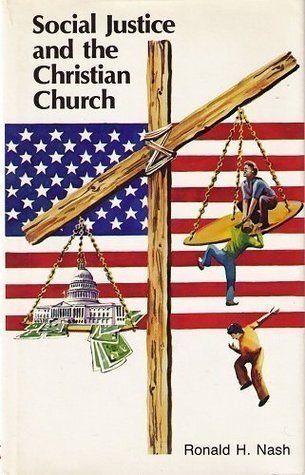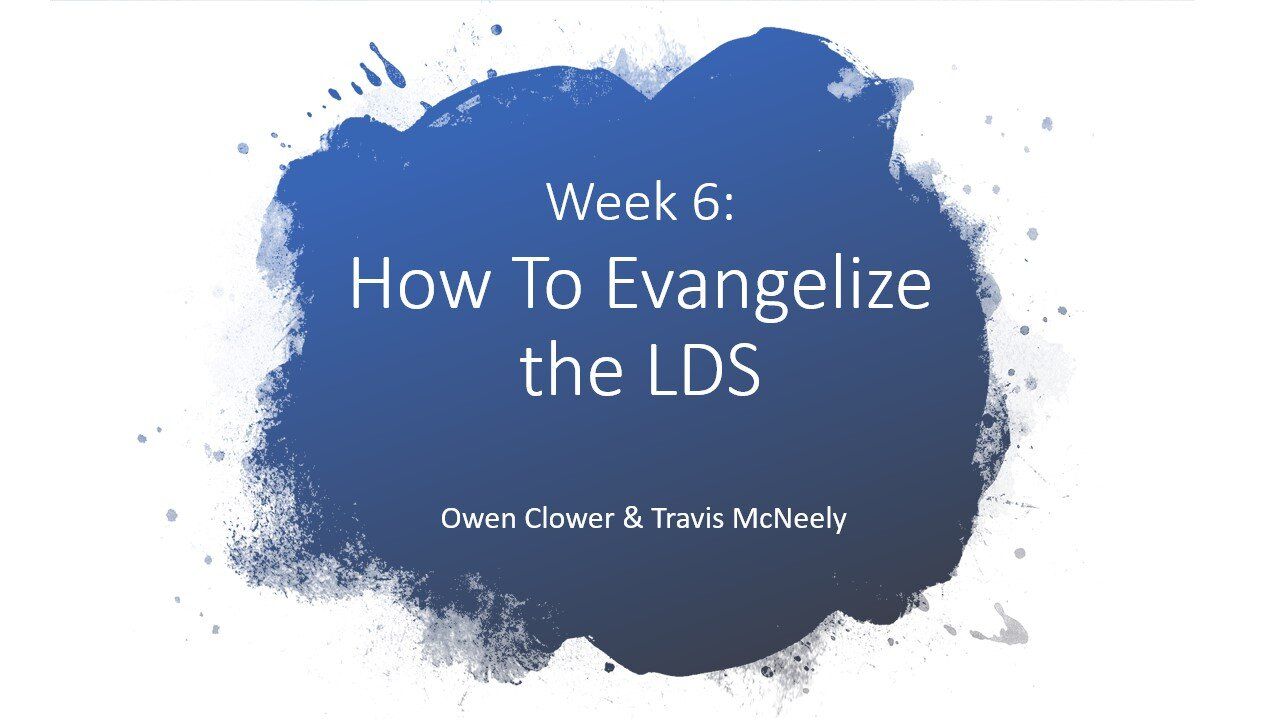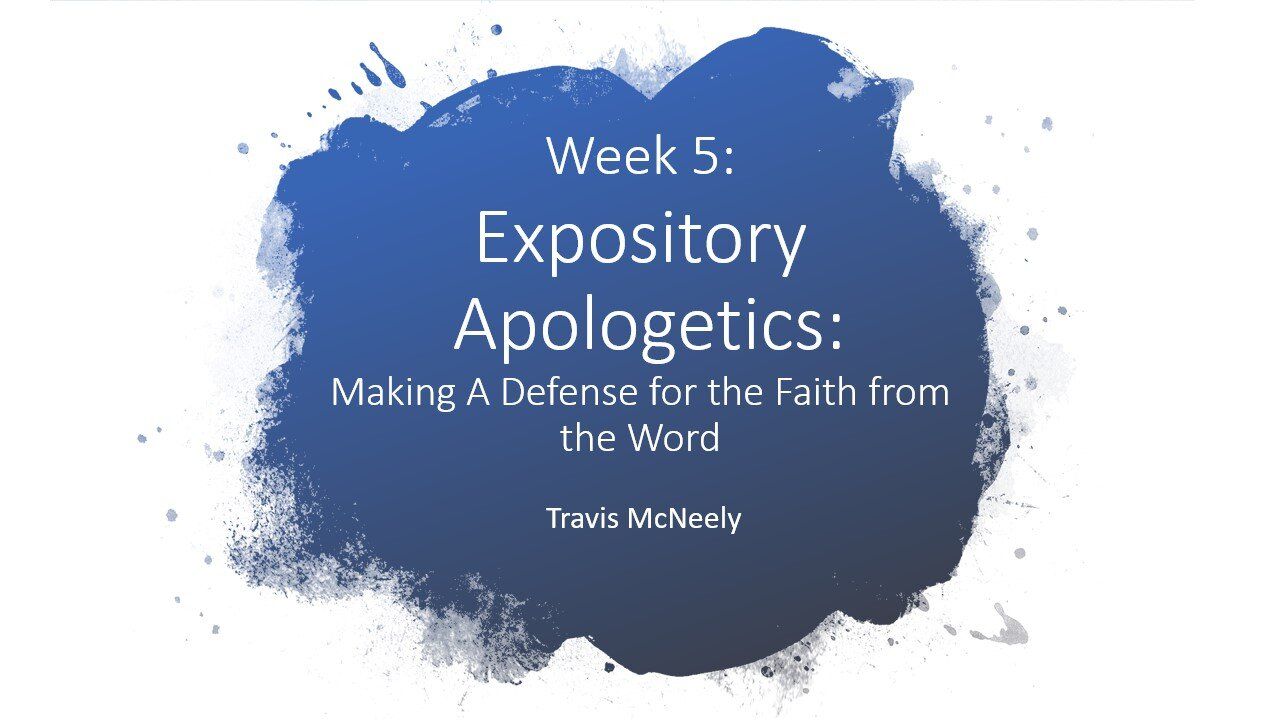Social Justice and the Christian Church by Ronald Nash - A Book Review

Preface to the Review:
Many books in the modern era have found their way to a used bookstore, your grandparent's dusty bookshelf, or the dump or burn pile. (Might I add—some belong there!) The book being reviewed in this article was one of many that a retiring pastor was selling to seminary students. It was worn, torn a bit, and had many notes in the margins. As I looked at the title, my eyes were immediately glued and filled with curiosity—my first question was: “I wonder what views are held by this author on this subject?" The subject matter is Christianity and Social Justice.
The book is titled Social Justice and the Christian Church by Ronald Nash . How could I resist? Any Christian in tune with the heated debate over Social Justice would be wise to wonder with me: “Could Nash bring anything of value to the modern debate over the Christians role regarding Social Justice?” I say “modern debate” and some of you older folks might chuckle.
This book was written in 1983. Some of you remember that this was when Return of the Jedi came out. So to you, this is still in your distant memory, but for me, even being nearly 30 years old, it's far from mine; I was born in 1989. I can’t help but notice with great interest, the desire for social justice from younger people of Western culture, and particularly amongst my brothers and sisters in Christ in the US of all ages.
Before I dive into this lengthy review, I would like to say a brief word about Ronald Nash himself. He has written a number of other works that are worth your time to read.
The Word of God and the Mind of Man
is an intellectually deep and rhetorically precise work on how one understands special revelation. This book was introduced to me through a former professor of mine at L. R. Scarborough College,
Kevin Stilley.
He was (and still is) an incredible teacher and when he pointed me toward Nash, I found in his works some things I deeply appreciated: It was (1) biblical and theological, (2) philosophical (3) historical, and (4) CONCISE (which I'm most appreciative of). If it wasn't for Stilley, I probably would've left this book on the table at the retiring pastor's table and we wouldn't be having this discussion.

For the following three reasons I fervently recommend to you the book I'm reviewing: (1) the modern debate over a Christian's relationship to "justice" (we can’t get this wrong); (2) the theological, philosophical, and economic depth of Nash’s work; (3) the needed unity on this subject within the body of Christ.
Social Justice and the Christian Church
Nash opens this book by setting the stage with a major problem that is at the forefront (or at least should be) of every Christian's mind: "How does one help the poor and oppressed?" Many theological liberals have claimed that conservative evangelical Christians have abandoned the task of social action (aside from essentially leading the Pro-life Movement), and thus have no concern for the poor in society. The claim was that evangelicals abandoned social concern to the theological liberals who abided by the tenets of the social gospel. Nash, however, refutes this long-held notion and builds a case for a conservative evangelical approach to biblically grounded social action.
According to Nash, there are two sides of the same coin regarding Christian social concern,
“one . . . is the Christian’s clear obligation to care and to be concerned about the poor and oppressed and to do what he can on their behalf. But the other dimension of Christian social concern adds the stipulation that if a Christian wishes to make pronouncements on complex, social, economic and political issues, he also has a duty to become informed about those issues” (1).
I think anyone on either side of the debate can actually agree on that fully. We MUST be both compassionate and informed. As a matter of fact, most thinkers on both sides are arguing that they are and the other side is not. That’s why a book like this matters. What will it require of the person who is now in agreement that he is obligated to be informed? It will require a “careful study of economics and other social sciences” (1).
As Nash notes, many have such an inadequate grasp on economics that it was quite lamentable. As economist Benjamin Rogge notes,
“the typical American who calls himself a Christian and who makes pronouncements . . . on economic policies or institutions, does so out of an almost complete ignorance of the simplest and most widely accepted tools of economic analysis. If something arouses his Christian concern he asks not whether it is water or gasoline he is tossing on the economic fire—he asks only whether it is a well-intended act . As I understand it, the Christian is required to use his God-given reason as well ” (emphasis my own). [1]
What happens is that Christians rightfully have good intentions to help the poor, but often they lack the wisdom necessary to actually help the poor and thus end up taking a bad situation and making it much worse (2-3). He shows how a lot of those on the theologically liberal left lean toward a Marxist framework on economics to help the poor. This framework is a liberal statist model that espouses socialism in opposition to capitalism.
These well-intentioned Christians make pronouncements using the terminology “social justice." And this reveals, in part, the ease with which they have drifted toward liberalism, socialism, or even Marxism. They find this attractive because it claims to help the poor.
Often conservative evangelical Christians have been accused of indifference toward social justice, and are likewise called unjust. In reality, the problem they have is not indifference to the poor, but rather to the anti-Christian worldview undergirding someone who espouses “social justice.”
It might be helpful for those of us who aren't economists to understand why this appeal to social justice is so strong. It has such strong appeal in part because of its vagueness. This is at least what Antonio Martino argues when he states that social justice,
“…owes its immense popularity precisely to its ambiguity and meaninglessness. It can be used by different people, holding quite different views, to designate a wide variety of different things. Its obvious appeal steams from its persuasive strength, from its positive connotation, which allows the user to praise his own ideas and simultaneously express contempt for the ideas of those who don’t agree with him.”[2]
Nash expounds upon the implications of what Martino is saying,
“After all, if a political liberal praises social justice, it seems to follow that anyone who disagrees with him must favor injustice” (6).
This seems to be the case that people like myself have experienced. When we speak out against social justice, we are considered bigots, racists, white supremacists, or casting "the white gaze" over ethnic minorities. The problem with this is that instead of dealing with the arguments themselves by seeking to engage the ideas themselves, the opponents (even Christian ones) resort to ad hominem jabs. If I'm wrong about social justice, I would actually want a brother or sister in Christ to challenge me; my greatest fear in adopting any idea is that I'd be self-deceived, that it wouldn't be according to Christ, but rather according to human tradition (Colossians 2:8ff).
Purpose and Outline of the Book:
Nash clearly lays out the investigation he is embarking upon: “This book’s investigation of social justice and the Christian church will include explorations in the areas of political theory and social philosophy, economics, and theology” (7).
Chapter two focuses primarily on political theory and defines terms such as liberalism and conservatism. It also seeks to define the difference between the state and society. Additionally, it demonstrates how liberal social policies support statism.
Chapter three begins with an analysis of various theories on the nature of justice, surveying ancient times to the contemporary philosophical analyses of this term. In chapters three through five, questions are asked such as: “What is the relationship of justice to equality? Does justice require the redistribution of society’s wealth? Do the demands of justice support the contemporary welfare state?” (7).
Chapter six examines what the Bible has to say about justice. Nash also demonstrates the necessity to reject proof-texting when interpreting Scripture, as it ultimately leads one to beg the question by first assuming a conclusion is true and then seeking proof in the Scripture (as opposed to letting Scripture be interpreted for what it says, and not what they want it to say).
The approach he takes in this book is one that embraces “the unity of all truth” (8). This means he assumes that Truth is in every area of human knowledge. Chapter six is one of the most important for the one considering the implications of social justice because Nash argues that “a careful analysis of the Bible’s teaching about justice fails to support the claims made by the Christian liberal” (8).
The rest of the book, chapters 7-11 focus on economics in particular, and for someone who is an armchair economist, I found these chapters particularly helpful in showing me the objections and questions necessary for proper examination of both sides of the social justice argument.
The final chapter (12), focuses specifically on Liberation Theology (LT). I was keenly interested in this portion of the book because I believe those arguing for social justice today are syncretizing the true Gospel with ideas of Liberation Theologians (even if they do so unbeknownst to themselves). Chapter 12 showed that while LT has noble intentions, it nevertheless falls short of Biblical standards of justice and morality, and, in my opinion, reveals the immoral and unbiblical ideas of those who argue from a social justice (or LT) framework. Of course, in making that statement as to regarding its immorality, I would never say that those who advocate for social justice are intentionally acting immorally; rather I would say they're sinning by way of omission or ignorance.
This book matters right now. With the mess going on between the different sides of this issue, it's evident that Christians need to be discussing this. So, whether you agree with Nash or not, let's all heed his advice to be learners and discuss this--hearing both sides.
If any reader of this post has questions about what I've stated, or what Nash has stated, I would be happy to have a conversation with you about this. Contact me and I will try to expand further! MUCH more could be said, but this is a book review and a long one at that. I hope you go and pick up Social Justice and the Christian Church.
Additional Note: A statement was released August 2018 by a host of evangelical leaders who are opposing the Social Justice movement within the church. Click the link to read the list of affirmations and denials.
Important Sections/Quotes to Note.
"Social Justice is viewed as that species of distributive justice concerned with the distribution of burdens and benefits within society as a whole, a distribution that is usually controllable by political authorities" (31).
"Universal Justice, is coextensive with the whole of righteousness, with the whole of virtue. A person is just in a universal sense if he possesses all the proper virtues, if he is moral, if he keeps the laws, which Aristotle thought should accord with virtuous behavior." (30).
"The Bible also utilizes this universal sense of justice. It is present with Genesis 6:9, where Noah is described as a just man who is perfect in all his ways. In Ezekiel 18:5, the just man is defined as one who does that which is lawful and right. In fact, the vast majority of biblical allusions to justice appear to be examples of justice in this universal sense. Attention to this fact is important because many who are anxious to find biblical support for socialist policies quote many of these passages about justice. Read carefully, however, the texts are irrelevant to their purposes" (30).
"Contemporary Liberals view equality as an unqualified good. Richard Wollheim calls equality, 'the fundamental principle of Liberalism'" (32).
"So, if equal opportunities are provided to people with unequal abilities, then the results will predictable be unequal. If, on the other hand, one assigns opportunities in such a way as to generate equal results, then there must be inequalities in the allotment of the opportunities" (36).
"Several theologically liberal Christian organizations have, for example, made large donations in the name of terrorist groups in Africa and Latin America. Liberal social activists who are theologically conservative have not yet done anything this extreme. But as we have seen, they do believe that the Christians social responsibility obliges him to adopt liberal and statist means to aid the poor and some even cast aspersions about the genuineness of a religious commitment that does not openly embrace a statist approach to social justice" (69).
"One recurring error in many attempts to support a particular ideology with biblical texts that mention justice is the failure to distinguish between the interpretation of a verse and its application. The writings of liberation theologians and evangelical social activists should be studied carefully with this claim in mind. Anxious to make their point, such writers often quote a particular passage and jump immediately to what they regard as the self-evident application, completely skipping in the process important questions about interpretation of the text" (70).
"Much of the confusion present in evangelical attempts to find a theory of distributive justice in the Bible results from inattention to the classical distinction between a universal and particular sense of justice. Because evangelical social liberals are inattentive to important distinctions within the notion of justice, many of their appeals to biblical uses of 'justice' are compromised since they simply assume that biblical endorsements of justice are divine commands to support economic redistribution" (72).
[1]Benjamin Rogge, “Christian Economics: Myth or Reality?” The Freeman, December, 1965. Cited on page 2 reviewed work.
[2]Antonio Martino, “The Myth of Social Justice,” in Three Myths by Arnold Beichman, Antonio Martino and Kenneth Minogue (Washington: The Heritage Foundation, 1982), 23.
Want To Book Me for Your Event or Conference?
Fill out the form below and we'll be in touch!
Book Travis McNeely
We will get back to you as soon as possible
Please try again later
More posts like this...




